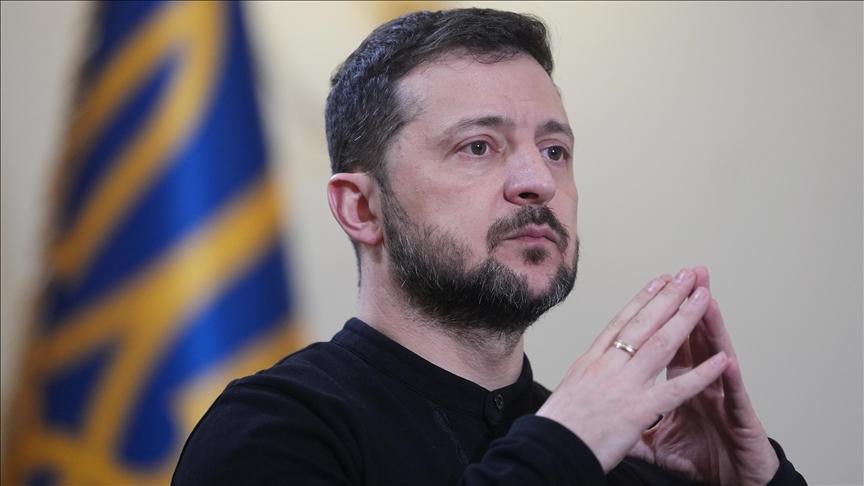Where to, government?
The opposition, while criticizing the government, can say there are troubles in the economy and oppressive trends are increasing. However, if scientific research also confirms this, then shouldn’t the ruling party contemplate “why have we reached this point?” and review their 13-year-old tableau?
Let me say my point at the beginning: In those countries where checks and balances mechanisms are weak, and as the ruling term gets longer, the ambition for power increases, thus elevating social tensions…
I want to refer to a study named “Public Dynamics While Approaching June 2015 Elections” prepared by Professor Ali Çarkoğlu and a team from Koç University. The significance of this study is that it enables us to see the “course of events” because it does not cover only “today” but past years also. In general, there was recovery and advancement until 2011 followed by a deteriorating drift afterward.
The first aspect that attracted my attention is that the “center” is weakening and polarization is increasing. The person to best understand how much of a sociological alarm this constitutes is Professor Ahmet Davutoğlu.
In the same survey conducted in 1990, the rate of those who identified themselves as “center” rather than right or left was 54.5 percent; this rate is down to 36.4 percent in 2015.
This polarization consolidates the high level of votes of the ruling right-wing party to a great extent; it would strengthen them. However, it also causes discontent such as authoritarianism, exclusion and insecurity in society.
Unfortunately, the findings of the survey verify this.
In 2007, 48.1 percent of the people surveyed considered Turkey’s state of affairs “near democracy;” this rate went down to 36.1 percent in 2015. Remember the EU process, the democratization reforms and then the oppressive practices in recent years…
The number of people who considered Turkey “near dictatorship” was 23.6 percent in 2007, a number which rose to 43.4 percent in 2015.
Another very important piece of data regards suspicion about the elections. Those who never believe that there will be an honest vote count in the 2015 elections is 22 percent, those who do not “quite believe” are 24 percent. This is the highest rate of suspicion in our history. Confidence in elections is the most important, most crucial and most critical tool of democracy, as a matter of fact.
Those who say “The parliament should be abolished and a strong leader who can decide easily and quickly should rule the country” were 14 percent in 2007; now in 2015 this rate is 25 percent.
Fortunately, those who want the presidential system, even in the grassroots of the AK Party (ruling Justice and Development Party) remain at 43 percent.
According to the survey, the rate of those who think the economic situation is worsening was 24 percent in 2013, but this has gone up to 48 percent in 2015.
When it was asked, “Which political party would solve social security problems?” a high rate of 78 percent responded in favor of the AK Party. Do you see the significance of public services on voter behavior?
However, when asked which party would fight corruption, the AK Party’s rate goes down to 26 percent. This figure was 38 percent in 2002. This rate is high for opposition parties.
As a result, there is a law of nature worth remembering at this point: Liberal Lord Acton’s famous quote, “Power tends to corrupt and absolute power corrupts absolutely.”
For this reason, checks and balances, separation of powers, an independent judiciary and free media are a must.











